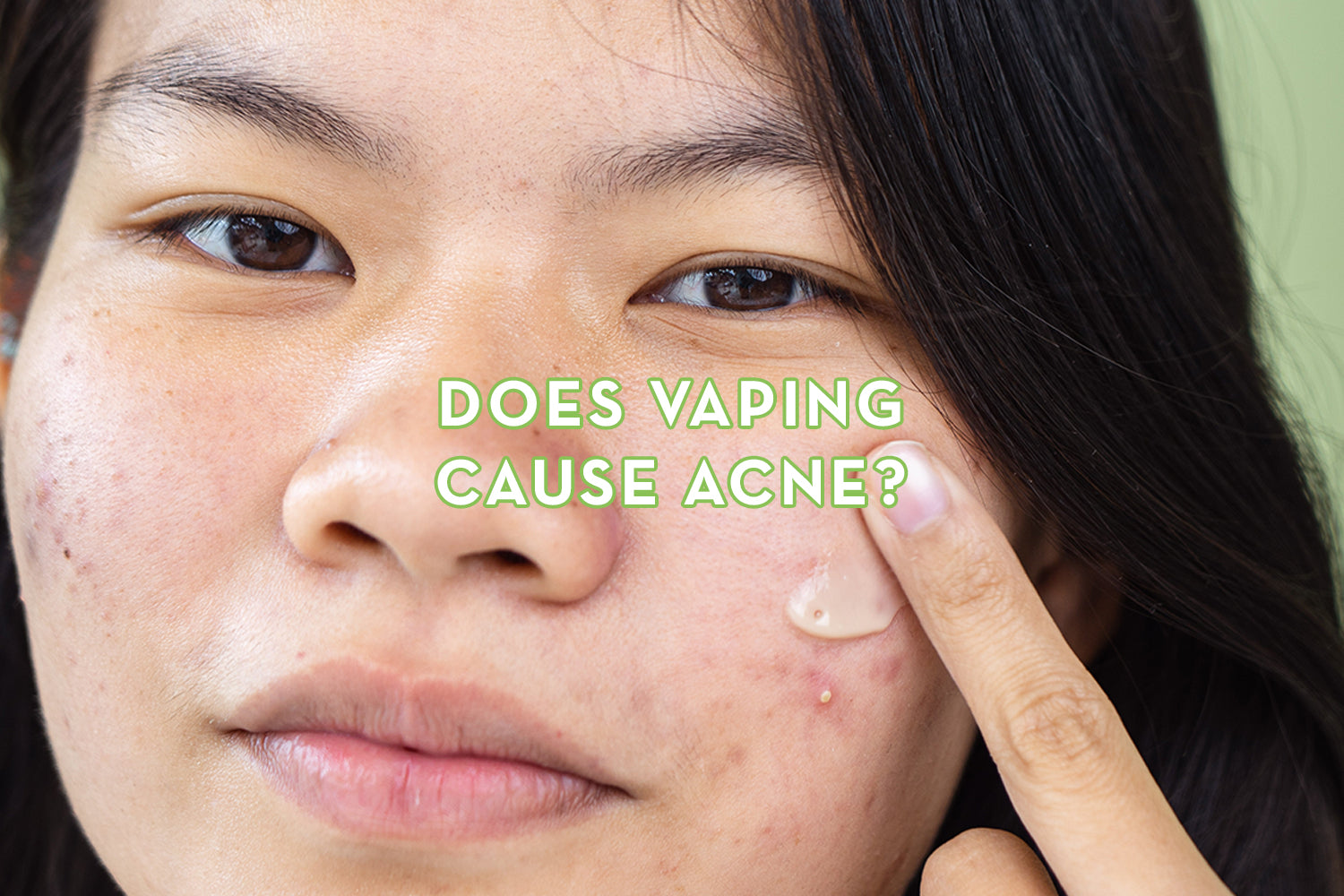The relationship between electronic cigarette (e-cigarette) use, commonly known as vaping, and the development or exacerbation of acne is an area of increasing concern, though direct causality is still being investigated. Several components and effects of vaping are theorized to potentially contribute to skin issues, including acne.
Potential Mechanisms Linking E-cigarettes and Acne
While definitive clinical proof specifically labeling e-cigarettes as a direct cause of acne is limited, several plausible mechanisms exist:

- Inflammation: The aerosol produced by e-cigarettes contains various chemicals, including flavorings and solvents like propylene glycol and vegetable glycerin. Some of these compounds, when inhaled or in contact with the skin, may promote systemic or local inflammation. Inflammation is a key pathogenic factor in acne.
- Dehydration and Skin Barrier Disruption: Propylene glycol, a common base in e-liquids, is a humectant. When exhaled vapor settles on the skin, it can potentially draw moisture out, leading to dehydration. A dry or compromised skin barrier can trigger increased sebum production as a compensatory mechanism, potentially clogging pores.
- Nicotine’s Effects: Nicotine, present in many e-liquids, is a vasoconstrictor, meaning it narrows blood vessels. This can reduce blood flow to the skin, impairing nutrient and oxygen delivery and hindering the skin’s natural healing processes. Nicotine can also influence hormone levels and potentially increase stress hormones like cortisol, which are linked to acne.
- Chemical Irritation and Contact Dermatitis: Exhaled vapor contains numerous chemicals that can deposit on the facial skin, especially around the mouth and chin. These substances may act as irritants or allergens for some individuals, leading to breakouts resembling acne or perioral dermatitis.
- Oxidative Stress: Some studies suggest that e-cigarette vapor can induce oxidative stress in tissues. Oxidative stress can damage skin cells and contribute to inflammatory processes involved in acne.
- Changes in Skin Microbiome: While less studied in the context of vaping, alterations to the skin’s natural microbial balance can influence acne. It is conceivable that chemicals in e-cigarette vapor could affect the skin microbiome.
Considerations and Current Understanding
It is crucial to understand that acne is a multifactorial condition influenced by genetics, hormones, diet, stress, and skincare routines. If an individual notices a worsening of acne or new onset of breakouts after starting to use e-cigarettes, it could be a contributing factor.
Currently, while there is no widespread scientific consensus definitively stating that e-cigarettes directly cause acne in all users, the existing knowledge of their components and physiological effects provides a strong basis for a potential association. Individuals experiencing skin concerns they believe may be linked to vaping should consider discontinuing use and consult a dermatologist for personalized advice and treatment options.










